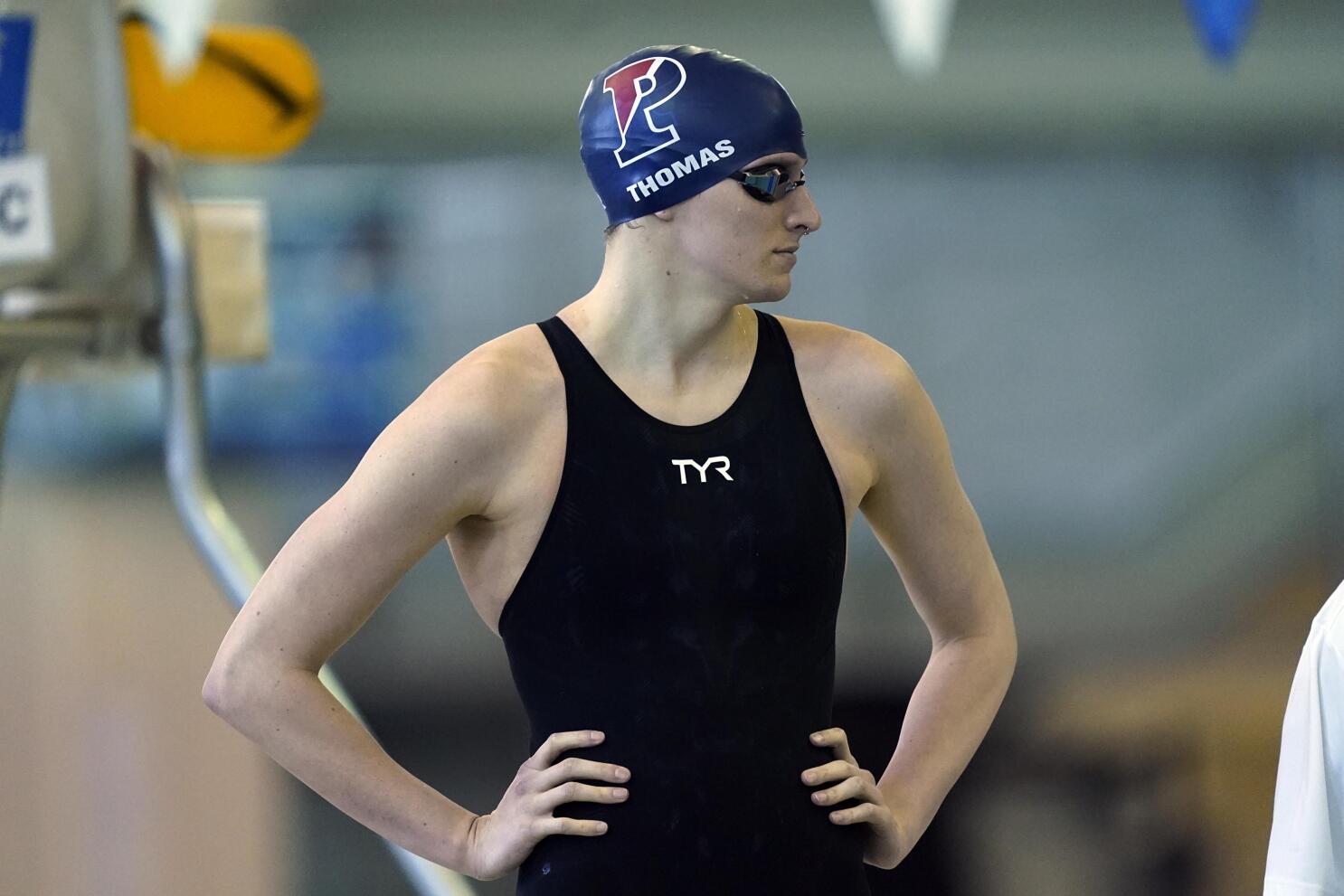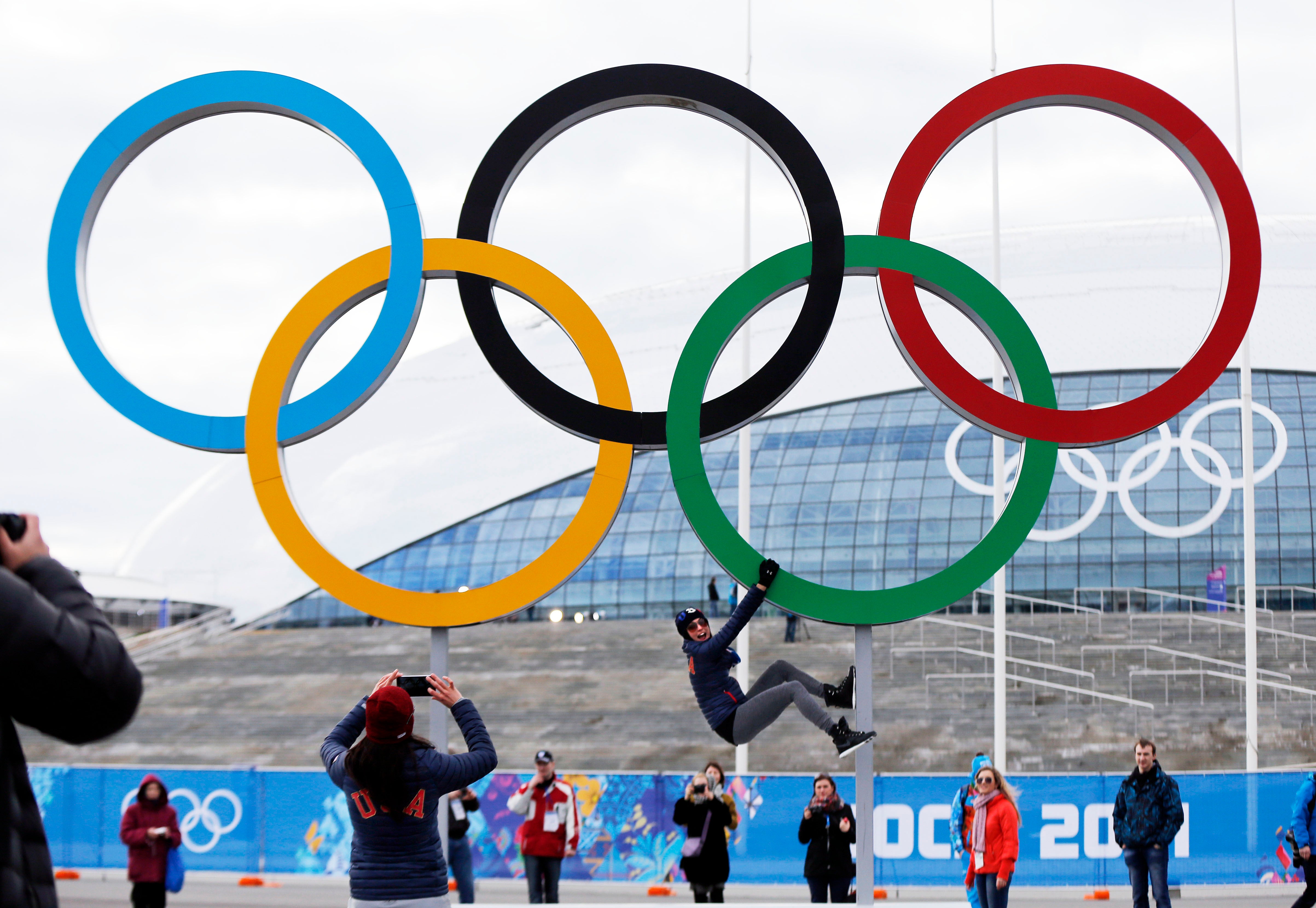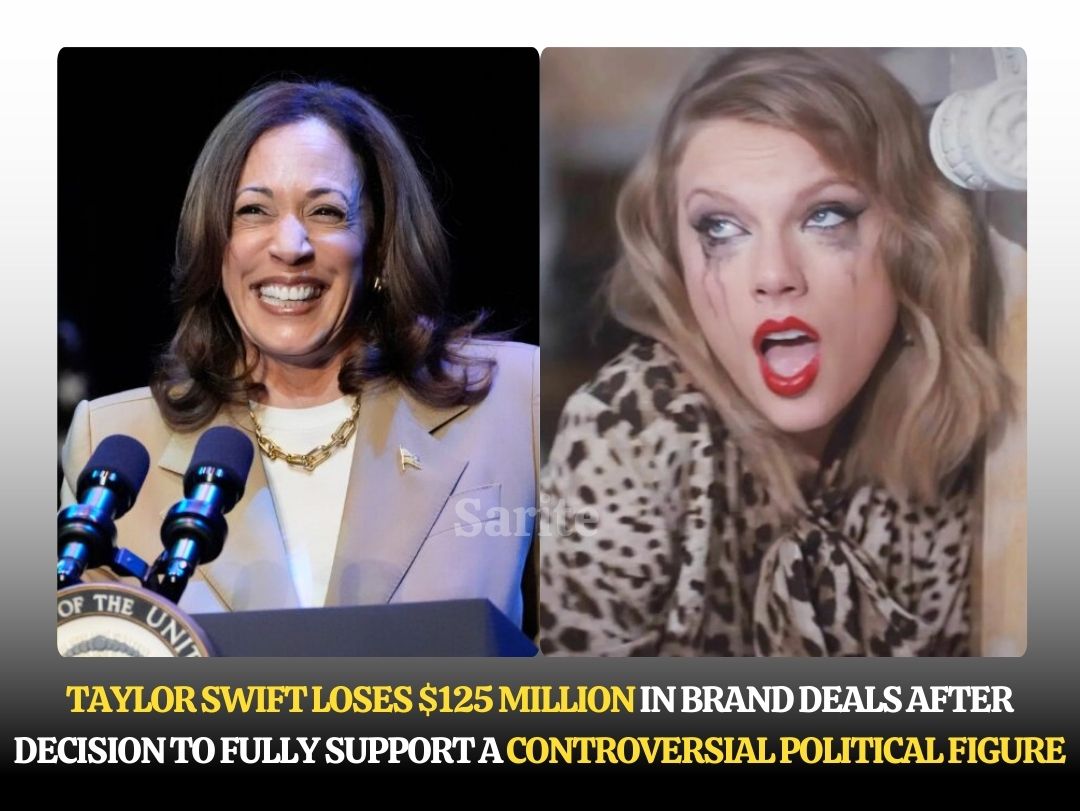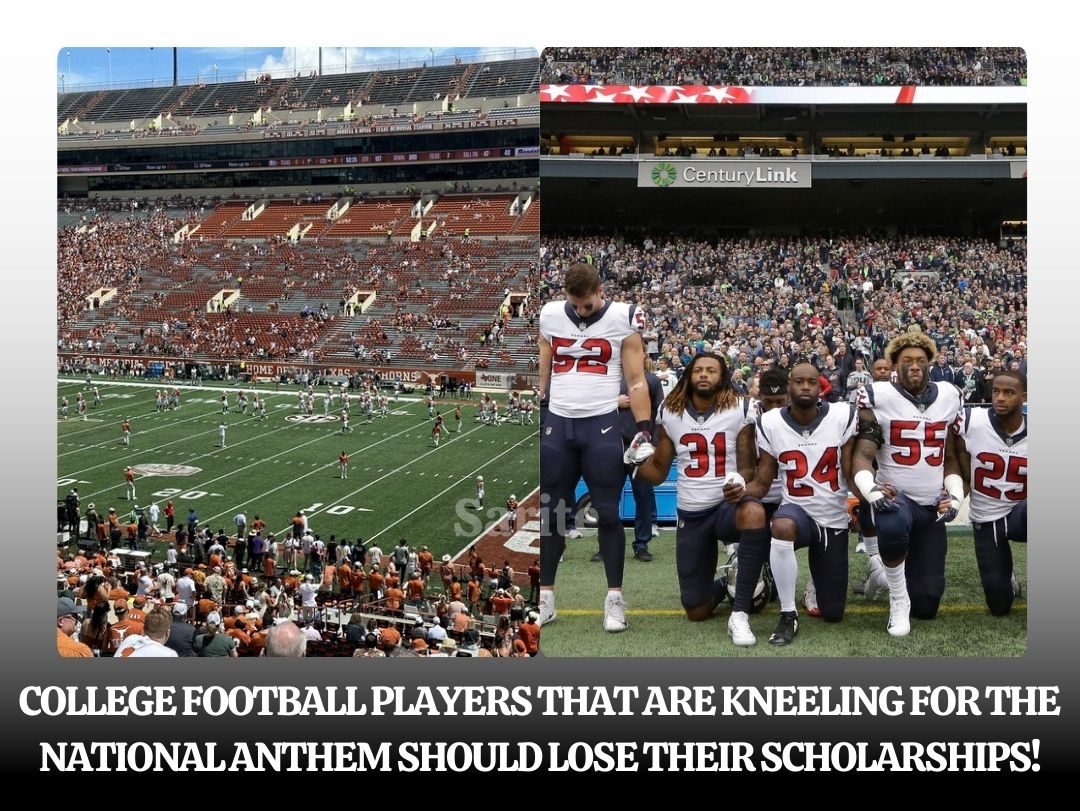In the realm of sports, discussions surrounding inclusivity, fairness, and identity remain constantly at the forefront. The recent announcement from the International Olympic Committee (IOC) to prohibit ‘biological males’ from competing in women’s sports has triggered widespread debate. This policy aims to address concerns over fairness in competition but raises significant questions about the relationship between gender, biology, and athletic ability.
The IOC’s decision reflects an effort to level the competitive playing field, especially in women’s events. The label ‘biological males’ describes individuals assigned male at birth, which leads to questions about the standards for eligibility in women’s sports. Although the policy intends to ensure equity, it has sparked broader conversations around gender identity and the changing dynamics within athletics.

As with any polarizing issue, reactions to the IOC’s stance vary widely. Critics argue that this policy reinforces outdated gender norms and could effectively bar transgender women from competing in sports that resonate with their gender identity.
Conversely, proponents maintain that the measure is crucial for maintaining fairness in women’s sports, as they highlight possible advantages stemming from the physiological variations between cisgender and transgender athletes.
One significant hurdle for this policy is defining ‘biological males’ in a manner that is clear yet respectful of varying gender identities. The intricacies of gender identity and the transition process complicate the establishment of universally applicable guidelines. As the IOC navigates these complex issues, the sporting community is compelled to examine the balance between inclusivity and the integrity of competition.
As a result of the IOC’s decision, transgender athletes find themselves at a crossroads, necessitating a reevaluation of current participation guidelines in sports. While fair competition remains a priority, there is an increasing demand for frameworks that acknowledge the unique experiences of transgender individuals, striving to strike a balance between inclusivity and fairness. The ongoing conversation about the rights and representation of transgender athletes in sports is more urgent than ever.

This situation is not unprecedented; sports organizations have long wrestled with policies regarding gender identity and competition. The IOC’s decision should be contextualized within this historical evolution, acknowledging the motivations shaping these policies amidst the changing spectrum of societal norms.
In striving for fairness, the IOC and other governing bodies often rely on scientific metrics to inform their policies. However, the challenge remains in establishing objective standards that recognize the unique circumstances of transgender athletes while preserving competitive integrity. This requires a sensitive approach that balances scientific evidence with empathy and a commitment to inclusivity in sports.
Furthermore, the IOC’s decision has catalyzed important societal discussions. Diverse viewpoints surrounding gender identity, equality, and the influence of sports on cultural standards are evident across social media, news articles, and community discussions. As this dialogue continues, it reflects the values and concerns of various communities engaged in this profound discourse.
As we navigate the intricacies of gender, identity, and athletics, it is essential to foster open discussions. Bridging the divide between critics and advocates, as well as transgender athletes and policy makers, calls for a collective commitment to understanding the multi-dimensional nature of this issue. The goal should be a harmonious balance where inclusivity and fairness coexist, rather than being sacrificed at one another’s expense.
The IOC’s decision to exclude ‘biological males’ from women’s sports has sparked a pivotal moment for reflection within the sporting world. As we consider the implications of this policy, it is crucial to pursue a path that values both inclusivity and fair competition. The conversation must extend beyond policy frameworks to encompass empathy, understanding, and respect for the diverse identities that contribute to the richness of the sports landscape.
Satirical post…





